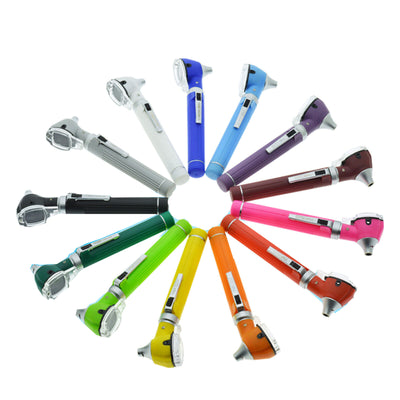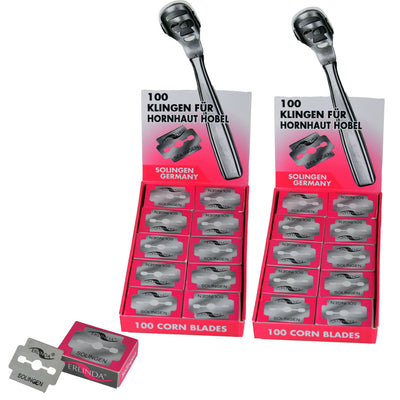The Essential Role of Garden Tools in Cultivating Our Green Spaces
Gardening is more than just a hobby; it's a way of connecting with nature, promoting mental well-being, and contributing to environmental sustainability. Whether you're tending to a sprawling backyard or a modest balcony garden, the right tools can make all the difference. Here’s why we need garden tools and how they enhance our gardening experience.
1. Efficiency and Effectiveness
One of the primary reasons we need garden tools is to enhance our efficiency and effectiveness in the garden. Tasks such as digging, weeding, planting, and pruning can be physically demanding and time-consuming if done by hand. Garden tools, from spades and trowels to pruners and hoes, are specifically designed to make these tasks easier. They allow us to work smarter, not harder, ultimately saving us time and energy.
2. Precision and Control
Garden tools provide the precision and control necessary for successful gardening. For instance, a hand trowel allows for targeted planting and transplanting in tight spaces, while pruning shears enable gardeners to make clean cuts, promoting healthy growth and reducing the risk of disease. These tools help us shape our gardens according to our vision, ensuring that each plant gets the attention it needs to thrive.
3. Safety Considerations
Using the right tools can also enhance safety while gardening. Tasks like digging or lifting heavy pots can lead to injuries if done improperly. Tools designed for specific tasks minimize the risk of accidents and strains. For example, long-handled tools can help avoid bending over, reducing back strain, while gloves protect our hands from thorns and sharp edges.
4. Soil Health and Maintenance
Garden tools are vital for maintaining soil health, which is crucial for plant growth. Tools such as cultivators, soil knives, and rakes help aerate the soil, allowing for better water penetration and root development. Regularly using these tools also helps in mixing organic matter into the soil, enriching it with nutrients and improving its structure.
5. Weed Control
Weeds are often the bane of any gardener's existence, competing with desirable plants for nutrients, water, and sunlight. Garden tools like hoes, weeders, and even specialized hand tools can help control weeds efficiently. By removing them at the root level, we prevent them from returning and disrupting the balance of our gardens.
6. Encouraging Biodiversity
Using garden tools effectively can also encourage biodiversity in our gardens. For instance, proper pruning techniques can lead to healthier plants that produce more flowers and fruits, attracting pollinators and other beneficial wildlife. Tools designed for planting and maintaining native species can help restore local ecosystems, making our gardens not just beautiful but ecologically important.
7. Aesthetic Appeal
Garden tools contribute to the aesthetic appeal of our green spaces. Well-maintained tools can inspire a sense of pride in our gardens and motivate us to invest more time and effort into them. Moreover, certain tools, such as decorative planters or beautifully crafted hand tools, can enhance the overall look of our gardening areas, making them inviting places to spend time.
8. Community and Connection
Finally, gardening tools can foster community and connection. Community gardens often share tools among members, promoting teamwork and collaboration. Workshops and gardening clubs frequently emphasize the use of specific tools, encouraging knowledge sharing and camaraderie among enthusiasts. These social aspects enrich the gardening experience, making it not just about growing plants but about growing relationships as well.
Conclusion
In summary, garden tools are indispensable allies in the pursuit of gardening success. They enhance efficiency, provide precision, ensure safety, and contribute to soil health and biodiversity. Whether you're a novice gardener or a seasoned horticulturist, investing in the right tools can transform your gardening journey. As we cultivate our green spaces, let us not forget the importance of these essential instruments, for they are the keys to unlocking the potential of our gardens.


















